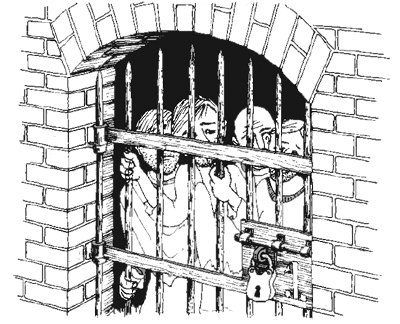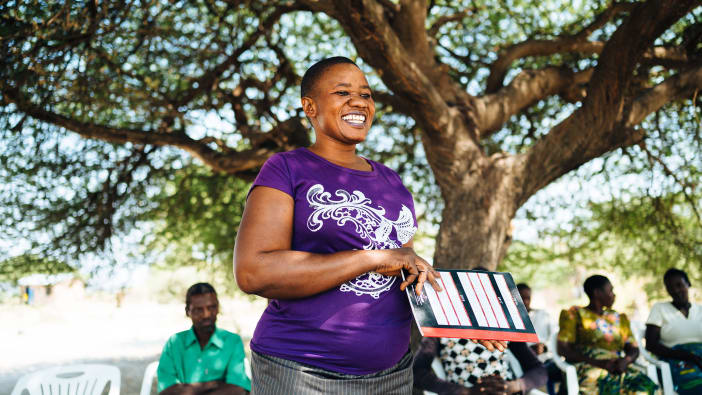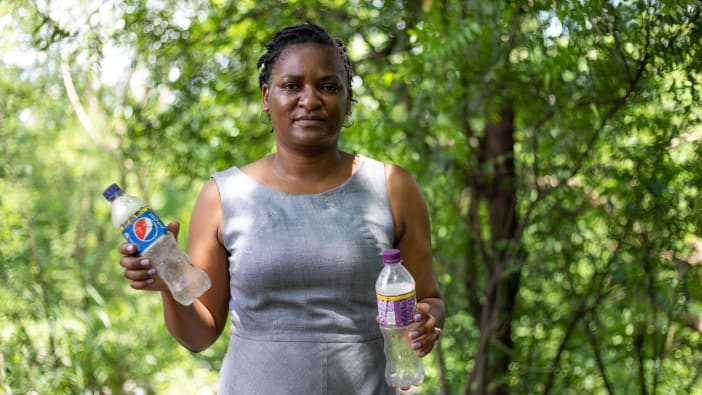All societies need to protect innocent people from those who seek to do them harm. This usually means a legal system with prison as a punishment. When justice is practised fairly, this system can be an effective way of protecting ordinary people from harm. However, it can be abused in a number of ways.
Someone accused of a crime should not be imprisoned unless there is enough evidence. Witness evidence or other kinds of proof are required and the matter should be brought before an independent court. Anyone accused of a crime should be considered innocent until they are proved guilty in a court of law. However, poor people may have no access to legal representation in court.
People may be falsely accused of crimes and be unable to defend themselves. Prison can be used as a way of silencing people with opposing political, social or religious views (often called prisoners of conscience). Courts may not always uphold justice if officials are open to bribery. Sentences may be unfairly long and, once in prison, prisoners can be forgotten by officials and remain there for many years.
In an ideal situation, prison can provide a time to reflect, a time to learn new skills and ways of thinking so that prisoners can change their lives for the better. In the Bible we are told to visit those in prison. This would encourage prisoners and help to ensure they are well treated.
Discussion
- Read Acts 16:16-39. This story describes in verses 16-24 how Paul and Silas suffered when they were falsely accused, beaten and imprisoned unjustly. What was Paul and Silas’s response to this treatment (verse 25)? How do we respond to difficulties?
- What was God’s response (in verse 26)? Have we ever experienced God’s intervention in difficult circumstances?
- Imagine the situation in the prison just after the earthquake. Why do you think none of the prisoners escaped?
- Read verses 27-34. What were the reactions of the jailer in response to the earthquake and on discovering that the prisoners had not escaped? How did he respond to Paul’s teaching?
- Paul knew his rights. He and Silas could have escaped when they had the opportunity. But he knew they had been falsely mistreated and imprisoned. Why did he not want to leave at the first opportunity (verses 35-37)?
- Paul wanted to highlight and make public the injustice done to them. Did he succeed (verses 38-39)?
- Do we do enough to raise awareness of injustices of all kinds? What injustices are we aware of in our community? Why could we do to highlight them more?
- Are we confident in the justice of our legal system?
- What support is there in our country for the victims of crime?
- What provision is there for visiting those in prison?
- What action could we take to support people we believe have been unjustly imprisoned?
- What legal support is available to people who have been unjustly imprisoned for crimes they did not commit?










